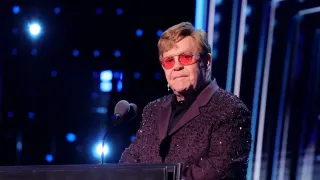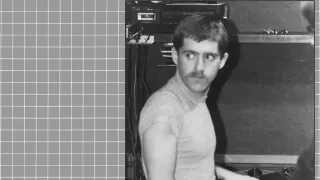June 22, 2015
Religion and Politics: GOP Hopefuls Open Up About Faith
Jason St. Amand READ TIME: 3 MIN.
The 2016 Republican hopefuls are offering new insight into how faith would guide their decisions in the White House.
Former Florida Gov. Jeb Bush calls his Catholic faith "an organizing part of my architecture." Ohio Gov. John Kasich says religion gives him more empathy toward the poor. And Sen. Ted Cruz of Texas cites his Christian values in lashing out at the Supreme Court.
Such are the views of the Republican presidential hopefuls in Washington this week for one of the nation's premier gatherings of Christian activists. The Faith and Freedom Coalition's annual conference began the day after nine people were shot to death inside a South Carolina church, offering a grim backdrop to the three-day meeting designed to give religious activists a closer look at the large class of GOP candidates and other leaders considering bids.
"We pray that this might be a time of spiritual revival and faith," Louisiana Gov. Bobby Jindal said Friday.
Beyond the horrors in South Carolina, presidential prospects offered religious conservatives an intimate look at the role of faith in their public lives.
Bush noted that he converted to Catholicism after marrying his Mexican-born wife. The religion, he said, has been "an organizing part of my architecture, if you will, as a person and certainly as an elected official."
He highlighted his work to institute new abortion restrictions while governor. He also cited his fight for the life of Terry Schiavo, a Florida woman kept alive in a vegetative state for 15 years by life support. While her husband wanted her feeding tubes removed, Bush ordered the tubes reinserted only to be overruled by a federal court.
"I insisted that we build a culture of life," Bush said of his eight years as Florida governor.
Kasich, who is expected to launch a presidential bid in the coming weeks, said his Catholic faith pushed him to run for governor.
"I got a calling, folks," he said Friday in a speech referring to Bible verses from memory more than once.
"I don't turn to Matthew to figure out what my views are," Kasich told reporters after his appearance on stage. "What my faith does for me, I hope, is gives me strength, it allows me to have patience, it helps me to love my enemies, it helps me to care more about other people, to be more empathetic toward other people."
The Republican Party's evangelical wing wields great influence in the selection of the GOP's presidential nominee, particularly in Iowa and many of the Southern states scheduled to host primary contests early in the voting calendar - South Carolina prominent among them. While this week's conference drew almost the entire Republican presidential field, some contenders will do better with Christian conservatives than others.
Both Jindal and former Texas Gov. Rick Perry have hosted daylong prayer events in their states. Cruz had a strong religious upbringing. Former Pennsylvania Sen. Rick Santorum is a devoted social conservative. Former Arkansas Gov. Mike Huckabee is also a Baptist minister.
Conference organizers were largely pleased with the Republicans' focus on faith, although some said talk is cheap. A real test, they suggested, would come after the Supreme Court weighs in on gay marriage. The court may strike down state laws that ban the practice.
"We'll see who's offering political sound bites and who shows up when the going gets tough," said Timothy Head, executive director of the Faith and Freedom Coalition. "The waters may get choppy soon, and that's when people stay in the boat or walk on water."
Cruz, for one, is already girding himself for a possible court decision affirming same-sex marriage. A Southern Baptist, he asked for prayers that the court "not engage in an act of naked and lawless judicial activism tearing down the marriage laws adopted pursuant to the Constitution."
Bush, despite embracing his religion as a guide, also said this week that it would not dictate his actions as president. "I don't go to Mass for economic policy or for things in politics," he said in Iowa.
Indeed, not all conservatives want religion heavily influencing public life. Self-described "very conservative Republican" Bob Rossney attended a GOP gathering in Philadelphia that attracted several presidential contenders as well. The 67-year-old small-business owner cautioned against mixing religion and governing in the White House.
"His job is to uphold the Constitution," Rossney said of the president.







